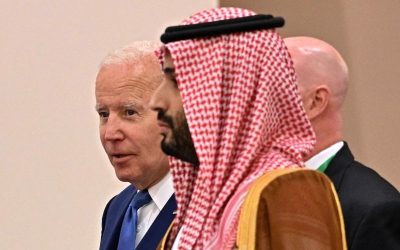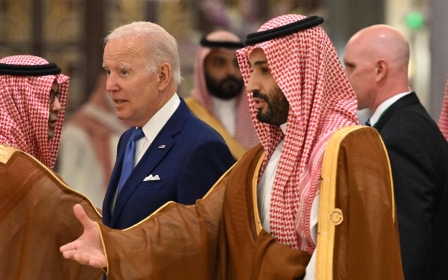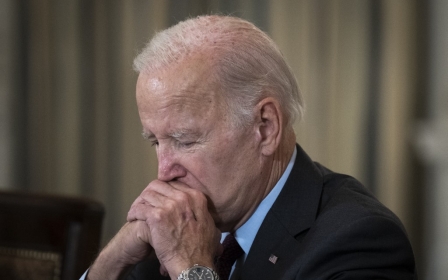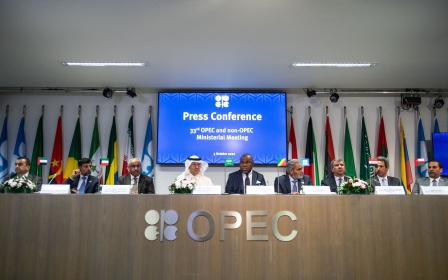US-Saudi rift: Turkey calls on Washington to stop 'bullying' Riyadh over oil prices
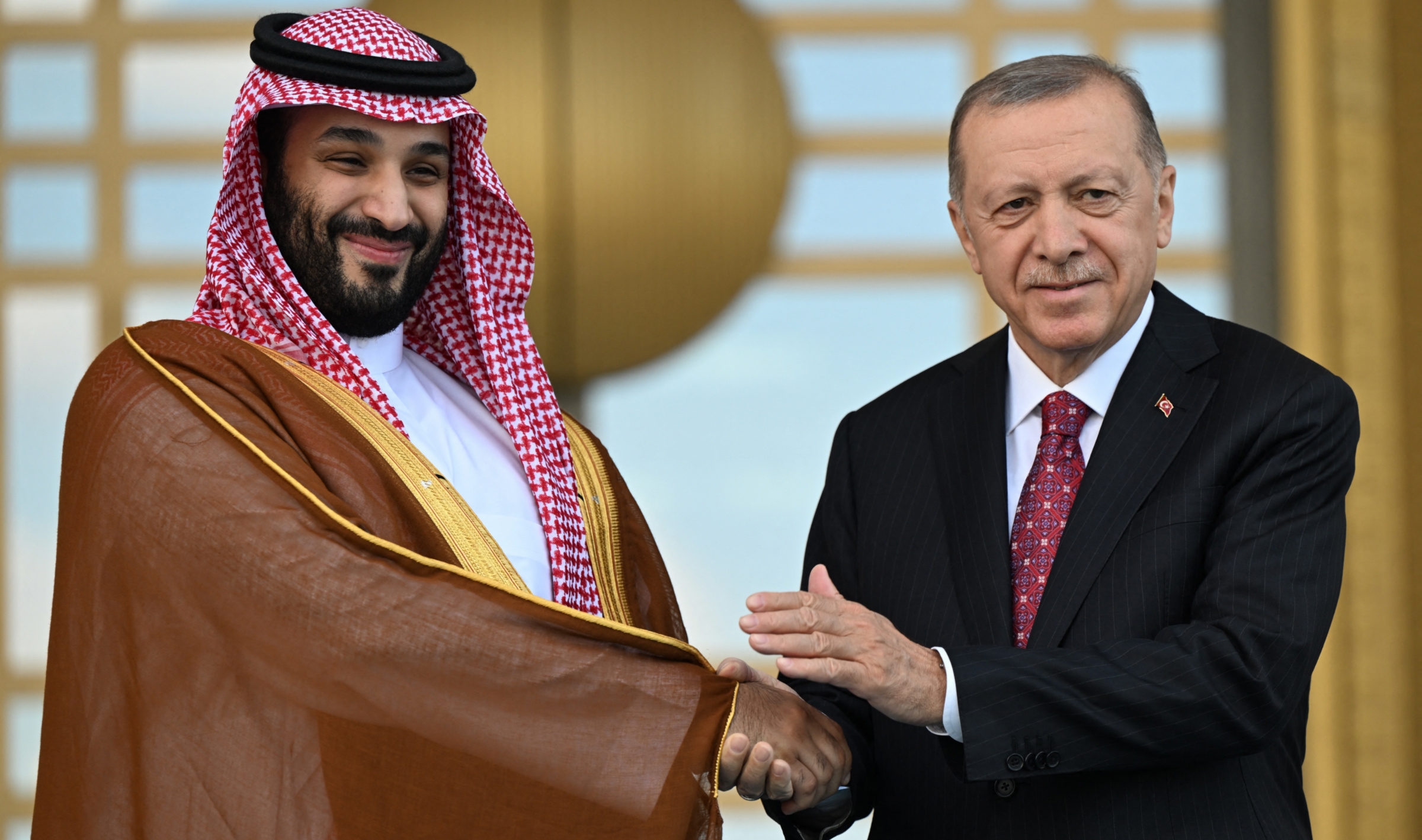
Turkey on Friday called on the United States to stop bullying Saudi Arabia over oil prices following Opec's decision earlier this month to cut oil production, which has caused a rift between Riyadh and Washington.
Turkish Foreign Minister Mevlut Cavusoglu said that the US may criticise Opec+ for cutting its production but "it was not right" to threaten Riyadh.
“The bullying against Saudi Arabia is inappropriate,” Cavusoglu said. “We are going through similar challenges in energy prices but we don’t threaten anyone."
'If you want oil prices to go down, then lift those sanctions [on Iran and Venezuela]. You cannot resolve this issue by only threatening a country'
- Mevlut Cavusoglu
Cavusoglu said embargoes imposed by the West on Iran and Venezuela have contributed to oil prices being high.
"The entire world needs Venezuela's oil and natural gas... On the other side, there's been embargoes on the Iranian oil," Turkish Foreign Minister Mevlut Cavusoglu said.
"Remove these sanctions... if you want oil prices to drop, remove the embargoes on the countries that will offer their products to the market," he added.
“You cannot resolve this issue by only threatening a country. You should allow oil producers back in production."
The White House last week announced that it would review US-Saudi ties following a decision by the Saudi Arabia-led Opec+, which comprises the leading oil and gas producers and includes Russia, to cut oil output by two million barrels a day.
Washington accused Saudi Arabia of aiding Russia by increasing its oil profits and boosting its foreign earnings as it continues to wage war in Ukraine. Riyadh and other Opec+ members have denied that the decision was politically motivated.
The Biden administration fears the production cut is a political blow to the Democratic Party ahead of a pivotal midterm election cycle in November, as Washington fears the production cuts will increase petrol prices across the country.
Cavusoglu's criticism is significant as it shows how regional rival Turkey and Saudi Arabia have gotten back on track as regional allies pursuing common agendas.
One person familiar with the Turkish-Saudi talks told Middle East Eye that Riyadh has asked Ankara to support it in the Opec+ production cut, after which Cavusoglu made the statement.
Since this summer, Turkey has been seeking a $20bn deposit from Saudi Arabia in a bid to bolster its foreign currency reserves.
Multiple sources speaking to MEE said that Riyadh had been slow to grant the deposit.
In June, Saudi Crown Prince Mohammed bin Salman visited Ankara, ending a four-year rift with Turkish President Recep Tayyip Erdogan, who escorted him to the airport as he departed.
The visit came after Turkey dropped a court case in which Saudi agents suspected of killing journalist Jamal Khashoggi were being tried.
Middle East Eye propose une couverture et une analyse indépendantes et incomparables du Moyen-Orient, de l’Afrique du Nord et d’autres régions du monde. Pour en savoir plus sur la reprise de ce contenu et les frais qui s’appliquent, veuillez remplir ce formulaire [en anglais]. Pour en savoir plus sur MEE, cliquez ici [en anglais].


